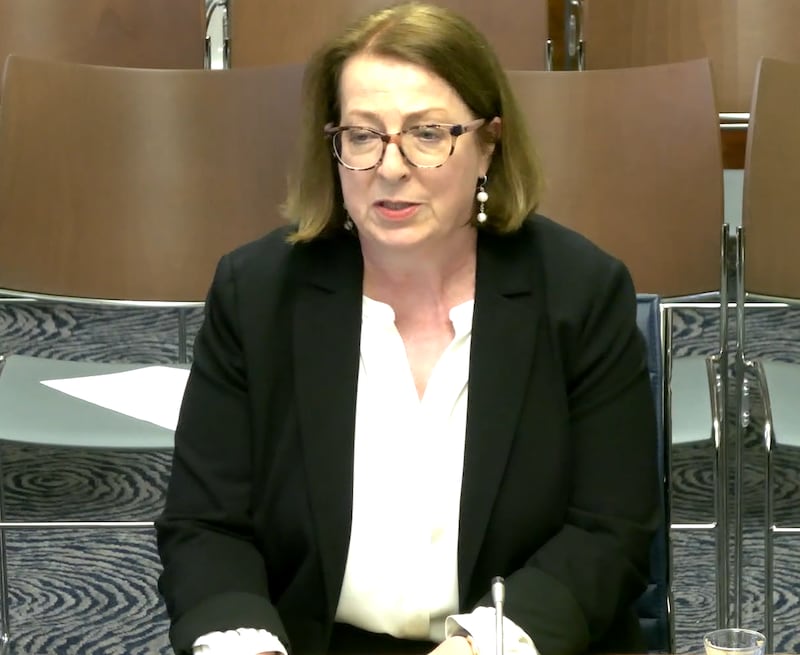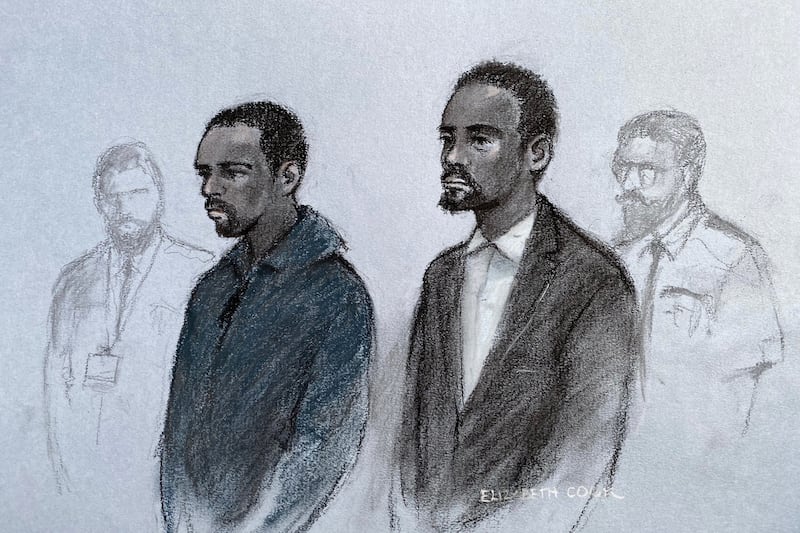The north’s Attorney General has repeated a warning about commenting on active criminal proceedings on social media following the court appearance of former DUP leader Sir Jeffrey Donaldson.
Brenda King has said those who risk the course of justice in online comments, even unwittingly, can face a prison sentence of up to two years if found guilty of contempt of court.
She spoke out after Sir Jeffrey appeared at Newry Magistrates Court on Wednesday charged with 11 historical sex offences including rape.
His wife, Lady Eleanor Donaldson, also appeared at the court charged with aiding and abetting in connection with the alleged offences.
Both were released on bail following the brief hearing.
Ms King had previously warned about the publishing of material online after the former DUP leader was charged with the alleged offences.

In a statement on Thursday, the Attorney General said: “In light of the events at Newry Courthouse...I am concerned about the potential impact of social media posting of recordings or commentary on the members of any jury hearing this case in the future.
“Even if a member of the public did not intend to interfere with a court case, they can be found in contempt of court if something they publish creates a substantial risk that the course of justice in the criminal proceedings would be seriously impeded or prejudiced.
“A sentence of up to two years imprisonment can be imposed.”
Ms King said social media users “should therefore take great care before posting or re-posting clips or commentary and may wish to delete material at this point rather than risk proceedings being brought against them”.
She added: “Further as the PSNI has stated, it is a criminal offence to identify the complainants, who must remain anonymous.
“Any posts which would be likely to lead to the identification of the complainants in this case should be reported to the police by any concerned member of the public.”









